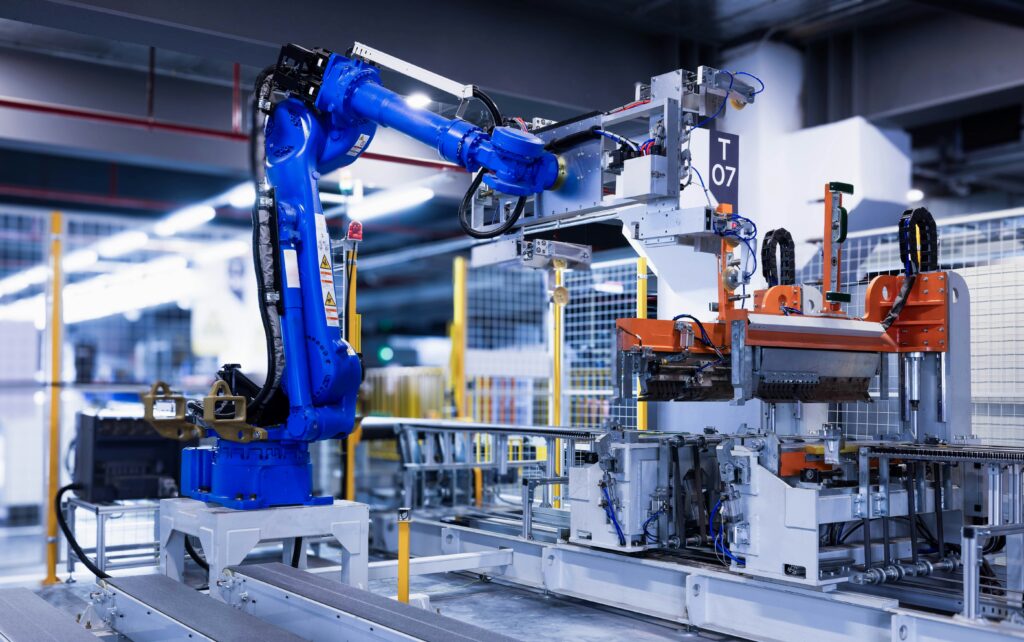The past year has solidified Generative AI’s position as a transformative force, moving beyond experimental stages into mainstream enterprise adoption. From new large language models (LLMs) like OpenAI’s GPT-4o and Meta’s Llama 3 to advanced diffusion models capable of stunning visual output, the pace of innovation is relentless. Companies across the globe are integrating these intelligent systems to redefine workflows, enhance creativity, and achieve competitive advantages. For instance, a recent report by McKinsey & Company, updated in Q4 2023, indicated that Generative AI could add trillions of dollars in value to the global economy annually, primarily through automation of tasks and augmentation of human capabilities.
This surge in adoption is backed by compelling data and strategic investments. Major tech giants and venture capitalists are pouring billions into Generative AI startups and research, signaling strong confidence in its long-term potential. According to Gartner’s 2024 predictions, by 2027, Generative AI will be a common co-worker, assisting at least 90% of enterprises worldwide. Businesses are increasingly moving past initial pilot projects to full-scale deployment, leveraging Generative AI for everything from customer service chatbots that offer more nuanced interactions to sophisticated tools that analyze market trends and generate strategic recommendations. Official statements from industry leaders, such as Satya Nadella of Microsoft, emphasize Generative AI’s role in democratizing technology and fostering a new wave of productivity, often highlighting the blend of human ingenuity with machine intelligence.
Transforming Industries with Intelligent Automation and Creativity
The impact of Generative AI is remarkably broad, touching diverse industries in profound ways. In the creative sectors, it’s a game-changer for content creation, marketing, and design. Marketers are using AI to generate personalized ad copy, create compelling visuals, and even synthesize realistic voiceovers for campaigns, drastically reducing production times and costs. Designers are exploring AI-powered tools that generate multiple design variations or complex 3D models from simple prompts, accelerating the ideation process. The entertainment industry is also experimenting with Generative AI for scriptwriting assistance, character design, and even background music composition, pushing the boundaries of artistic expression.
Beyond creativity, Generative AI is reshaping core business operations. In software development, developers are utilizing AI to write code, debug programs, and even generate entire software components, freeing up time for more complex problem-solving. This not only boosts efficiency but also lowers the barrier to entry for coding, enabling more innovation. Healthcare is witnessing a revolution as intelligent systems accelerate drug discovery by simulating molecular interactions and identifying potential compounds at an unprecedented speed. They also aid in personalized medicine by analyzing vast patient data to recommend tailored treatment plans and predict disease progression with higher accuracy. Furthermore, in manufacturing and supply chain management, Generative AI optimizes product design for efficiency, predicts potential equipment failures through predictive maintenance, and streamlines logistics by anticipating demand and optimizing routes, leading to significant cost savings and operational resilience.
The Future Landscape: Ethical AI and Human-AI Collaboration
As Generative AI continues its exponential growth, the discussion inevitably shifts to its future trajectory and potential challenges. Experts predict an increasing reliance on these intelligent systems, leading to a profound evolution in the job market, where human roles will shift towards overseeing, guiding, and refining AI outputs. The focus will be on human-AI collaboration, augmenting human capabilities rather than simply replacing them. However, this transformative power also brings crucial ethical considerations to the forefront. Issues such as data privacy, algorithmic bias, and the potential for misinformation are paramount. Organizations are increasingly grappling with how to implement ethical AI guidelines and robust governance frameworks to ensure responsible deployment.
The trajectory suggests a future where Generative AI becomes an indispensable tool, seamlessly integrated into daily business operations and personal lives. Its ability to create, analyze, and optimize at scale will continue to unlock new possibilities, driving innovation and efficiency across all sectors. The challenge and opportunity lie in harnessing this power responsibly and strategically. For a deeper dive into how enterprises are leveraging AI, read more on TechCrunch.
In conclusion, Generative AI is not merely a technological advancement; it’s a fundamental shift in how industries operate, innovate, and create value. Its next-gen systems are proving to be powerful catalysts for change, promising a future of enhanced productivity, unprecedented creativity, and deeply personalized experiences. Adapting to and strategically integrating these intelligent systems will be crucial for any organization aiming to thrive in the evolving digital landscape.

